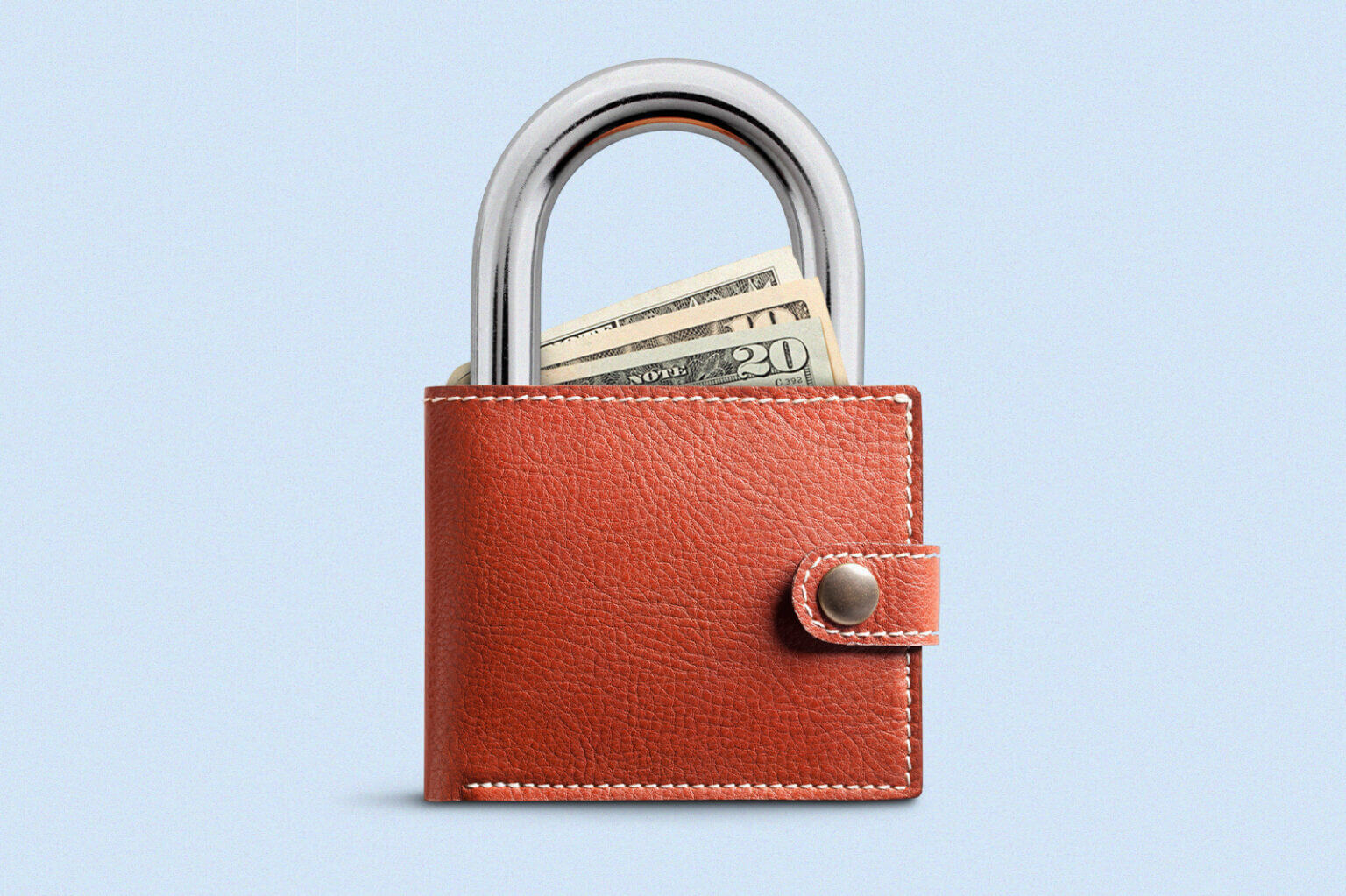Transforming Your Relationship with Money: The Power of Purposeful Spending
Rethinking the Consumer Mindset
In today’s economy, personal expenditure plays a pivotal role, with consumer spending constituting nearly 70% of the gross domestic product in many countries. Yet, the relentless cycle of buying-often driven by debt and societal pressures-is neither sustainable nor beneficial for individual financial health. Our cultural norms have normalized spending as a primary means of celebration and social bonding. For instance, holidays like Memorial Day, Mother’s Day, and Independence Day have become synonymous with purchasing gifts and special treats, reinforcing the idea that happiness and recognition are tied to material possessions.
Moreover, the next generation is growing up immersed in a consumerist environment. Research indicates that today’s youth are the most brand-conscious and materialistic cohort in history, often equating self-worth with possessions. The Merriam-Webster dictionary defines “consume” as “to do away with completely, destroy; to spend wastefully, squander.” This raises a fundamental question: Are we inherently destined to spend mindlessly, or can we choose a different path?
Shifting the Narrative: Shopping as Entertainment
Many individuals treat shopping as a leisure activity, turning it into a form of entertainment rather than a necessity. Shopping malls are designed with food courts and entertainment zones precisely to encourage longer visits, which naturally lead to increased spending. This strategy exploits our desire for social interaction and enjoyment, subtly persuading us to extend our time-and our expenses-beyond what is truly needed.
To combat this, consider redefining shopping trips as quick errands rather than social outings. Planning ahead and eating before heading out can prevent unnecessary detours and impulsive purchases. By approaching shopping with efficiency and purpose, you can significantly reduce your expenditure and regain control over your financial habits.
The Fallacy of Buying to Save
Many of us fall into the trap of believing that hunting for discounts and bargains is a smart way to save money. However, this mindset often leads to overspending. Years ago, I realized that the key to financial well-being isn’t about spending less on individual items but about changing how I approach purchasing altogether. If I buy fewer things overall, I free up resources for more meaningful goals like funding my children’s education or building a retirement nest egg.
Online advertising and flash sales bombard us daily, creating a sense of urgency and making us feel foolish if we pay full price. Experts like Dan Ariely and Jeff Kreisler argue that focusing on the actual amount spent, rather than perceived savings, is a healthier approach. Sales are designed to lure us into stores or websites, encouraging us to buy more than we intended-often on items we don’t need.
Creating a Purpose-Driven Spending Plan
The foundation of mindful consumption is establishing clear rules for your no-buy challenge. Decide what categories of items you will avoid-be it clothing, home decor, or daily luxuries like specialty coffee. Setting a realistic timeframe, such as a month, makes the goal manageable and less intimidating. For example, participating in initiatives like “No Buy July” can serve as a practical starting point.
Accountability can be a powerful motivator. Enlist a friend or family member to support your efforts, share progress, and celebrate milestones. Most importantly, anchor your challenge in a meaningful goal-whether it’s reducing debt, saving for a major purchase, or simply cultivating a healthier relationship with money. Keeping your objective front and center shifts your focus from what you’re giving up to what you stand to gain.
Practical Strategies for Sustainable Change
- Define your boundaries: Be specific about what you will abstain from purchasing during your challenge.
- Start small: Avoid overwhelming yourself with overly ambitious goals; a one-month period is a good initial step.
- Identify your motivation: Clarify whether your aim is debt reduction, savings accumulation, or lifestyle improvement.
- Plan ahead: Prepare a list of essentials and stick to it, resisting impulse buys.
- Reflect on progress: Regularly review your spending habits and celebrate your successes, no matter how small.
By adopting these strategies, you can foster a more intentional approach to spending, ultimately leading to greater financial security and personal satisfaction. Remember, the goal isn’t deprivation but empowerment-taking control of your money to build a future aligned with your values and aspirations.

